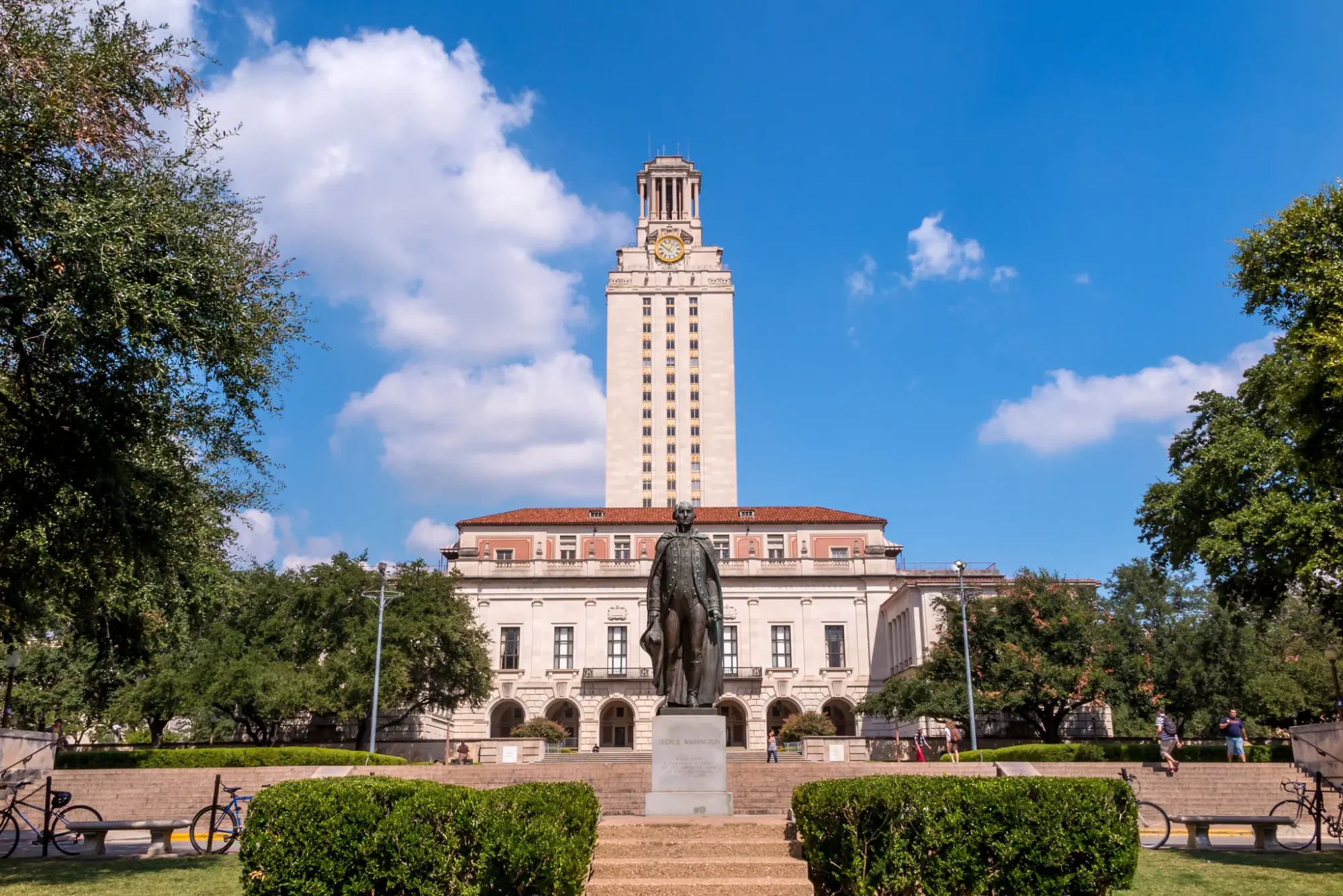Ten failing campuses, a potential state takeover, a budget shortfall topping $115 million, and a superintendent who chose to jump ship rather than ride the wave accurately describes the current state of Texas’ largest school district.
Currently at hand is a 2015 law authored by Houston Democrat State Rep. Harold Dutton. The law provides a pathway for the state to assume control of districts that can’t turn around their failing campuses. Now, ahead of takeover talks, another unlikely entity is eyeing involvement: the City of Houston led by Mayor Sylvester Turner.
Turner told local media that he was asked to get “very, very, very involved in HISD.” His interest in exerting mayoral influence over the district isn’t surprising, as one of his first moves after taking office was to hire the city’s first director of education.
“Asked whether the city could become a ‘partner’ with the district, giving the city significant authority over operations at campuses, Turner said Wednesday: ‘Let’s just say I’ve been asked to be very, very involved by multiple individuals, and then I am deciding to what degree and to how far I am going to get involved in the day-to-day operation of any of the school,'” reads an article in the Chronicle.
Whether Turner’s power play is just that, a power play, or a genuine effort to help the failing district, he was not elected to sit on HISD’s board, was not hired as superintendent, and does not oversee any educational resources that the district is in need of. With the city’s own budget shortfall, flood recovery, and mountainous long-term debt, it would best serve taxpayers for Turner to stick to what he was hired by taxpayers to do.
The district has considered surrendering each of the ten failing campuses to various “partners” who would help stave off a state takeover. This pathway was provided during the most recent legislative session in the form of Senate Bill 1882. If a district partners with a nonprofit, higher education institution, charter school network, or government entity, it can avoid state sanctions.
But with the number of these alternative entities in the Houston area, the city is far from the best one to partner with.
Houston has no direct involvement in education and, as such, has no track record of success when it comes to turning around failing schools. Partnering with a partner that has no experience in your core function does not promise solid returns.
Also, Houston has its own problems. Debt, budget shortfalls, overstaffing, lack of efficiency, to name a few, show that many of the systemic problems that are found within HISD occur within the city’s bureaucracy as well. If Houston can’t solve its own problems, how can it address those of the state’s most monstrous school district?
Coincidentally, Houston is home to the last county board of education in the state. If there is any government entity that should step up to aid HISD, it’s the Harris County Department of Education.
HCDE’s website says that it is a model organization that “leverages 20¢ into $1.00 of services through shared service arrangements such as cooperative programs, that save school districts extraordinary amounts of their own budget dollars.” Many taxpayers will disagree that HCDE is a “model organization” and call for its closure. But if there is ever a time for HCDE to step up and leverage its tax revenue and resources, it’s now.
HCDE considers its top goal to “impact education by responding to the evolving needs of Harris County,” and it is far from short on funding. At the end of fiscal year 2017, HCDE’s unassigned fund balance was over $17 million, while its total revenue was over $80 million.
An audit of HCDE found that, “A majority of property tax revenue was allocated for internal expenses related to the Department’s operations and technology support services;” or as Colleen Vera of TexasTrashTalk puts it, “HCDE collects a property tax to support itself…not Harris County students.” Also reported was that the district paid nearly $1 million in employee stipends without board approval.
All of this is to say that HCDE should redirect its efforts to helping HISD. To be clear, HCDE should shut down, but as of today it exists and it is in taxpayers’ and students’ best interest for HCDE to be the first partner in turning around HISD’s failing schools.
In a board meeting discussing potential partners, HISD officials said they weren’t interested in partnering with charter networks or even other ISDs. Charter networks and nonprofits with experience in turning around failing schools should top the list for partners after HCDE. But regardless of the entities that the district ultimately chooses, the City of Houston should not be at the top of that list.



